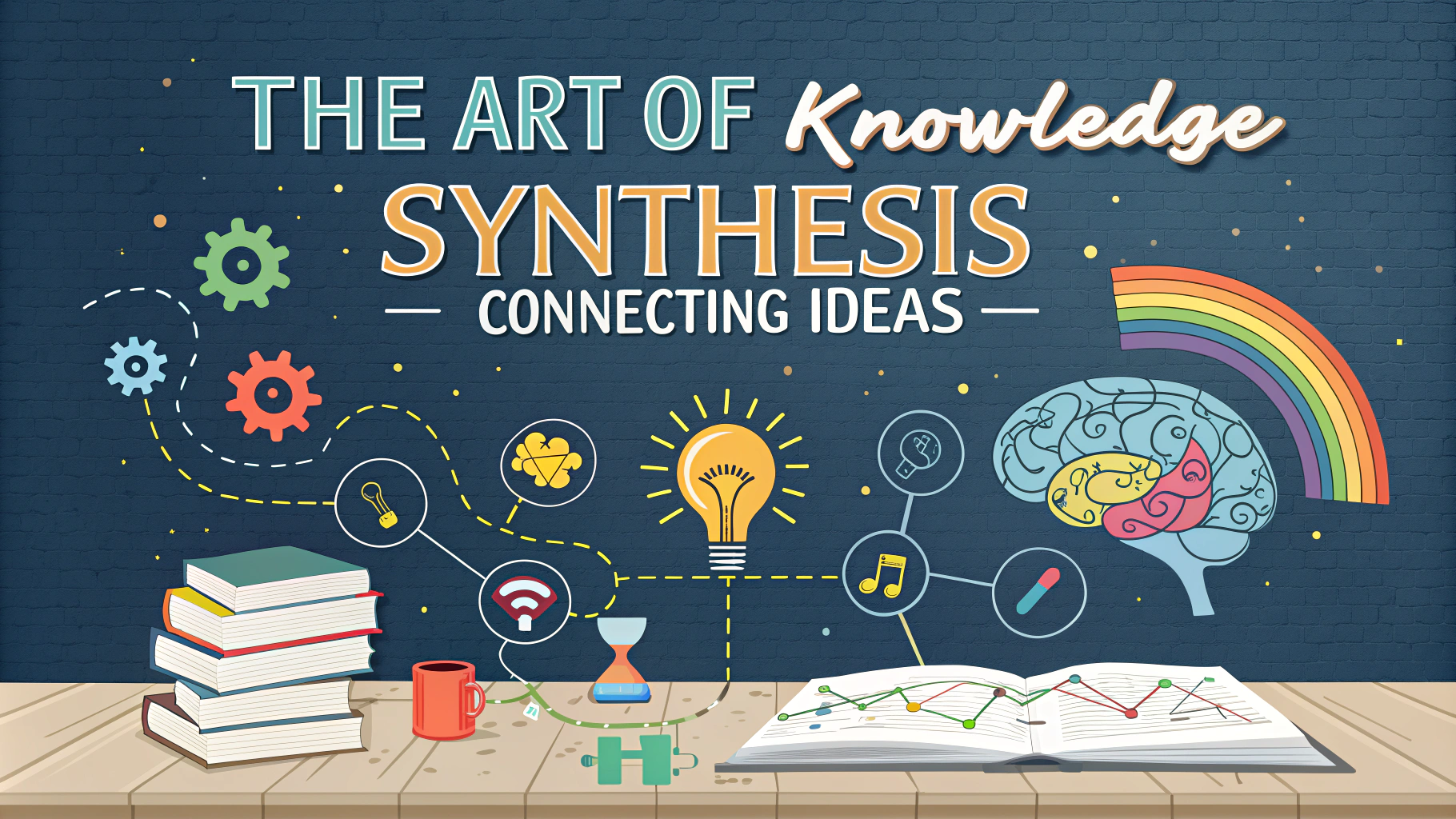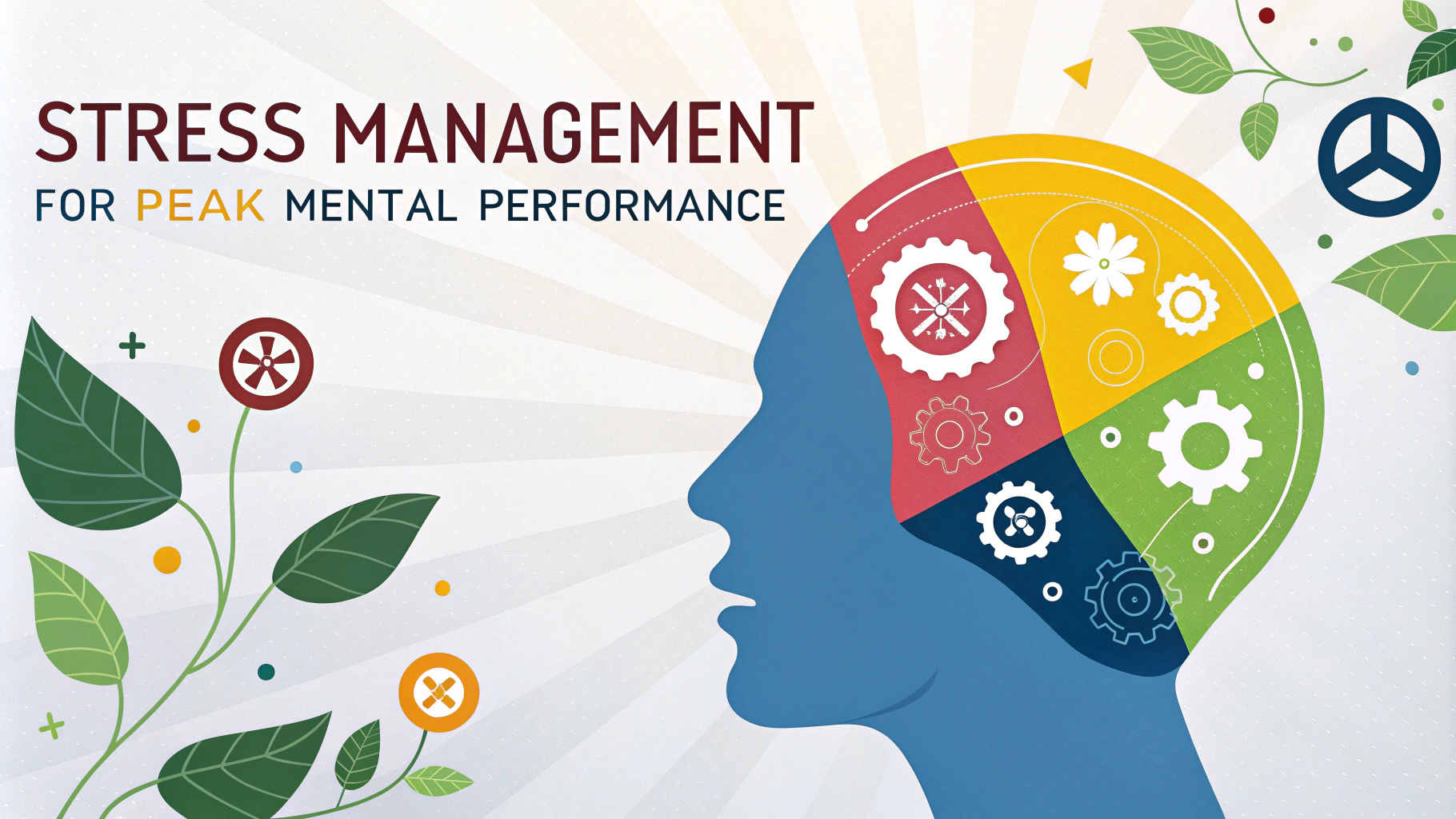Foods that nourish your brain can significantly improve your learning abilities, memory, and cognitive performance.
Essential Brain-Boosting Foods
- Fatty Fish (salmon, mackerel, sardines)
- Rich in omega-3 fatty acids
- Supports brain structure and function
- Recommended serving: 2-3 times per week
- Berries (blueberries, strawberries)
- High in antioxidants
- Improve memory and delay brain aging
- Daily serving: 1 cup
- Dark Leafy Greens
- Contains folate and antioxidants
- Supports overall brain health
- Daily target: 2-3 cups
Quick Brain Food Tips for Students
Pack these brain-friendly snacks for study sessions:
- Mixed nuts (especially walnuts)
- Dark chocolate (70% cocoa or higher)
- Fresh fruit with yogurt
- Whole grain crackers with avocado
Hydration and Brain Function
Even mild dehydration can affect learning ability and concentration.
| Weight | Daily Water Intake |
|---|---|
| 150 lbs | 75 oz |
| 180 lbs | 90 oz |
Brain-Friendly Meal Plan
Structure your meals to maintain steady blood sugar and energy levels throughout the day.
- Breakfast: Oatmeal with berries and nuts
- Lunch: Salmon salad with leafy greens
- Dinner: Quinoa bowl with vegetables and lean protein
- Snacks: Apple slices with almond butter
Foods to Avoid
Some foods can hinder learning and cognitive function:
- Processed sugar
- Artificial sweeteners
- Excessive caffeine
- Highly processed foods
Contact a registered dietitian for personalized nutrition advice – find one through the Academy of Nutrition and Dietetics at eatright.org.
Timing of Brain Foods
Strategic timing of nutrients can optimize brain function throughout the day.
- Morning Peak (6-10 AM)
- Protein-rich breakfast for sustained focus
- Complex carbohydrates for steady energy
- Afternoon Slump (2-4 PM)
- Small protein snack to maintain alertness
- Moderate portion of nuts or seeds
Supplements for Brain Health
Consider these supplements after consulting healthcare provider:
- Omega-3 supplements (if not eating fish)
- Vitamin D3
- B-complex vitamins
- Magnesium
Long-term Brain Health Habits
- Maintain consistent meal times
- Practice mindful eating
- Combine brain foods with regular exercise
- Get adequate sleep (7-9 hours)
Conclusion
A brain-healthy diet requires consistent attention to:
- Regular consumption of nutrient-rich foods
- Proper hydration throughout the day
- Strategic meal timing
- Avoiding harmful processed foods
Start implementing these dietary changes gradually for sustainable results and improved cognitive function.
FAQs
- What are the top brain foods that enhance learning and memory?
The most effective brain foods include fatty fish (rich in omega-3s), blueberries (high in antioxidants), nuts (especially walnuts), dark chocolate (70% or higher cocoa content), eggs (containing choline), avocados (healthy fats), leafy greens (vitamins K and B), and pumpkin seeds (rich in zinc). - How does hydration affect cognitive performance?
Even mild dehydration of 1-2% can impair cognitive performance, including attention, memory, and processing speed. The brain is approximately 73% water, and maintaining proper hydration is crucial for optimal neural function and information processing. - When is the best time to eat for maximum learning efficiency?
Eating a balanced breakfast within 2 hours of waking is crucial for cognitive function. Small, frequent meals every 3-4 hours help maintain stable blood sugar levels, which is optimal for sustained mental performance and learning. - Which vitamins are essential for brain function and learning?
Key vitamins for brain function include B12 (cognitive function), D (neurotransmitter production), E (antioxidant protection), and omega-3 fatty acids (brain structure). Deficiencies in these nutrients can impair learning and memory. - Can certain foods help reduce mental fatigue during studying?
Yes, foods rich in complex carbohydrates (whole grains), protein (lean meats), and antioxidants (berries) help maintain energy levels. Green tea contains L-theanine, which can improve focus while providing steady energy without jitters. - How does sugar consumption impact learning ability?
Excessive sugar consumption can impair memory and learning by causing inflammation in the hippocampus. It also leads to energy crashes and reduced attention span. Natural sugars from fruits are preferable as they come with fiber and nutrients. - What role do fermented foods play in brain function?
Fermented foods like yogurt, kimchi, and sauerkraut support gut health, which is directly linked to brain function through the gut-brain axis. They help reduce inflammation and support production of neurotransmitters essential for learning. - How much protein is needed daily for optimal brain function?
Adults need approximately 0.8-1.0 grams of protein per kilogram of body weight for optimal brain function. Protein provides essential amino acids necessary for neurotransmitter production and maintenance of brain structure. - Which foods should be avoided before studying or learning?
Heavy, high-fat meals, excessive sugar, and refined carbohydrates should be avoided as they can cause energy crashes and reduced cognitive performance. Processed foods high in artificial additives can also impair focus and concentration. - How do antioxidants enhance learning capacity?
Antioxidants protect brain cells from oxidative stress and inflammation, which can impair learning. They help maintain brain plasticity and support the formation of new neural connections. Sources include berries, dark chocolate, and leafy greens.








